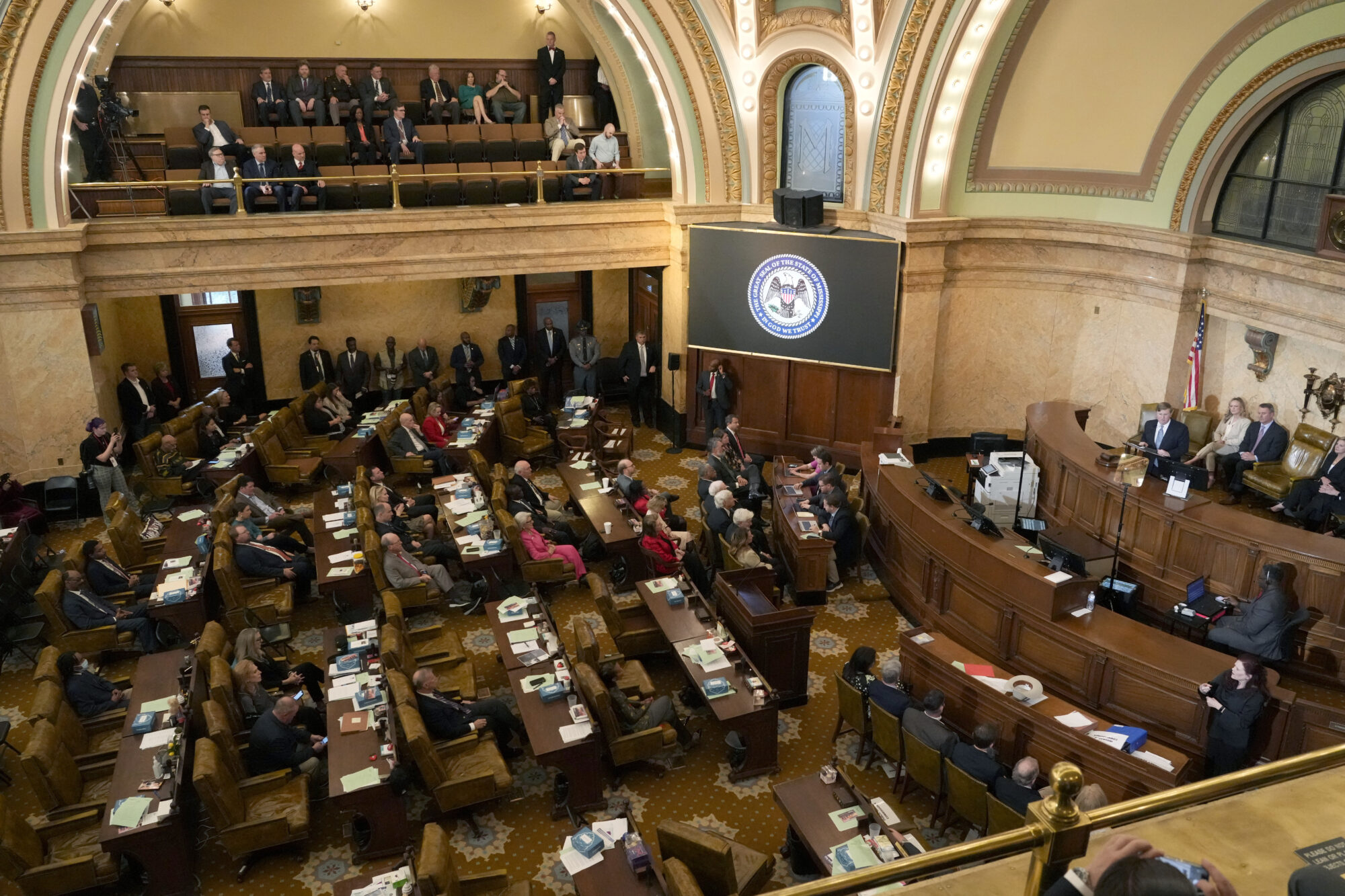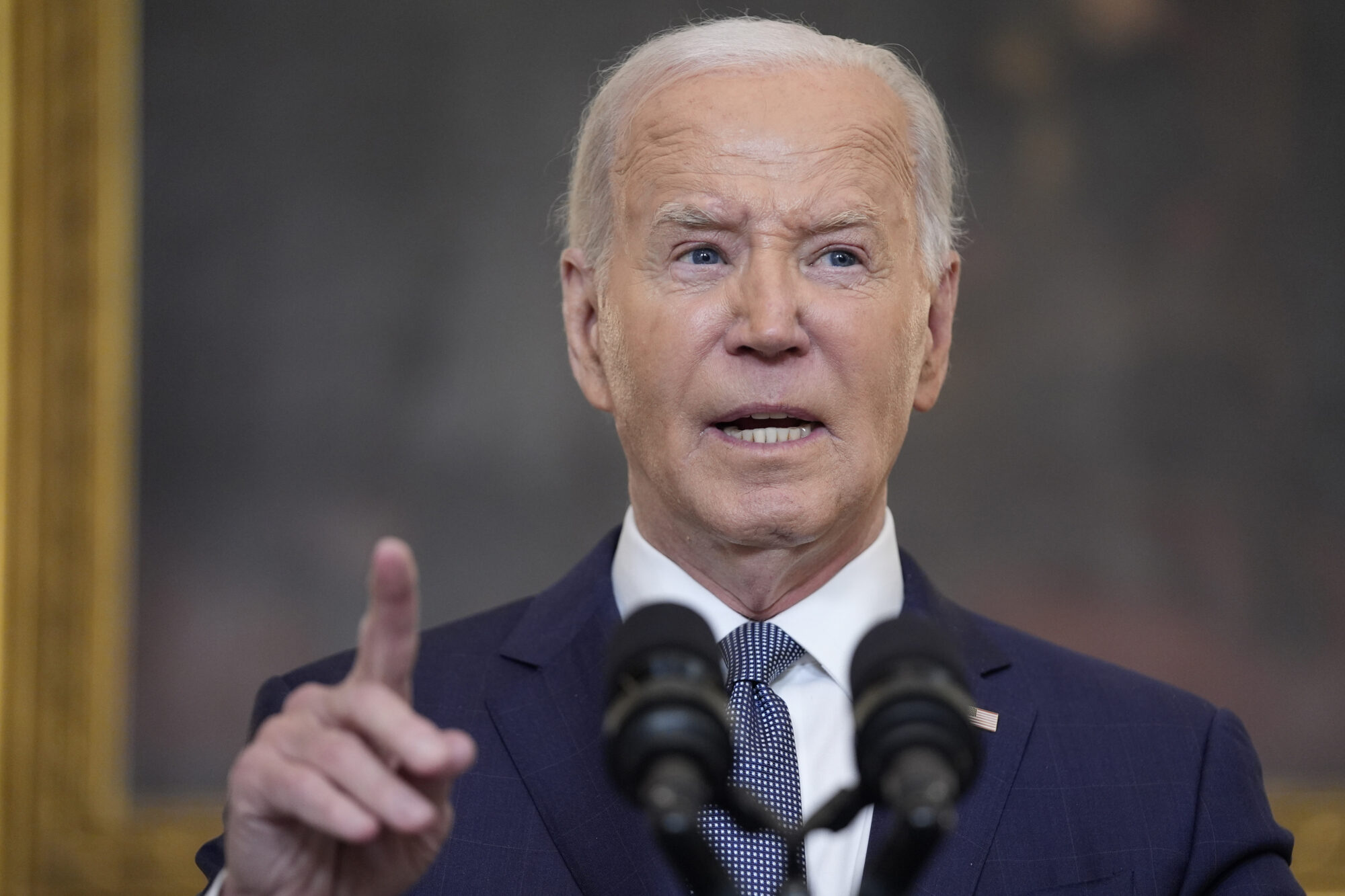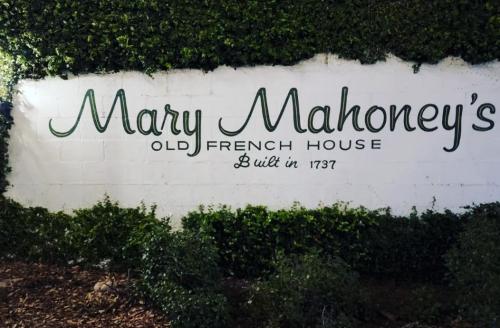It’s ‘Honest Services’ battle in judge’s trial
DeLaughter’s attorneys asked for a delay of his April 6 trial, in part, to craft a defense to the mail fraud charges, which are “becoming a nationally controversial topic and, thus, will necessarily become a significant legal issue in this case,” according to a motion filed last week.
“It’s an issue which we intend to vigorously pursue in our pretrial motions,” DeLaughter’s attorney, Thomas Anthony Durkin of Chicago, told The Associated Press.
Prosecutors say DeLaughter ruled in favor of Richard “Dickie” Scruggs – a once powerful Mississippi lawyer who is now in prison – in hopes that Scruggs would use his connections to help DeLaughter get appointed to a federal judgeship.
DeLaughter is eager “to clear his good name,” the motion said.
“Nevertheless, in light of the novel and unprecedented expansive use of federal criminal charges in these local matters, and the complex factual and legal scenarios related thereto, adequate time for pretrial preparation is necessary,” Durkin wrote in the five-page motion.
Durkin submitted as an exhibit a National Law Journal article that calls the particular type of mail fraud “the hottest little criminal statute in federal court.”
The statute is used to prosecute people involved in schemes to “deprive another of the intangible right of honest services” and the U.S. Supreme Court needs to address how the law should be applied, the article says.
The article cites a dissenting opinion by U.S. Supreme Court Justice Antonin Scalia – in an unrelated case in which Durkin also was the lawyer – in which Scalia says the broad statute could be used in a number of circumstances, even “a mayor’s attempt to use the prestige of his office to obtain a restaurant table without a reservation.”
“Without some coherent limiting principle to define what ‘the intangible right of honest services’ is, whence it derives, and how it is violated, this expansive phrase invites abuse by headline grabbing prosecutors in pursuit of local officials, state legislators, and corporate CEOs who engage in any manner of unappealing or ethically questionable conduct,” Scalia wrote in the Feb. 23, dissent.
Sun Herald
3/16/9







